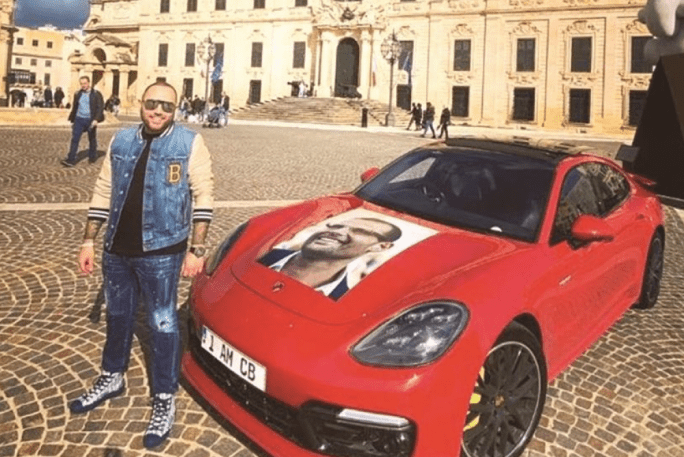
The inquiry agreed and adopted the suggestion as one of its own recommendations, one of many the government ignored.
In December 2021 the PN opposition, frustrated by the government’s all talk and do-nothing attitude to the findings of the inquiry proposed an anti-mafia law in a private members’ bill which the government shot down. Robert Abela mocked the draft law. He said at the time that only the people who wanted Malta to earn the reputation of a Mafia state wanted it to adopt an anti-mafia law. Rarely has logic been so brutally violated.
The anti-mafia law was not the only public inquiry recommendation that Robert Abela personally intervened to block. Remember the recommendation for an unexplained wealth orders law which was initially adopted by the government, proposed to Parliament, and then abruptly withdrawn. An official explanation for the change of heart was never given. It was easy to surmise that Robert Abela wasn’t entirely sure he could explain his wealth. Certainly, nobody else is entirely certain how he could.
Robert Abela may have personal reasons to resist an anti-mafia law.
Consider the Christian Borg story. Robert Abela’s relationship with him is well documented. The prime minister pocketed a nice profit from flipping an inexplicable property deal that is quite possibly the product of inside knowledge that Robert Abela had as a lawyer for the planning regulator. Although of much smaller scale, that would mean he made a profit not entirely unlike the profit Yorgen Fenech made from the flip of the Montenegro windfarms. That’s the deal Robert Abela had said he was ‘disgusted’ by.
Christian Borg’s character is also well documented. He’s being prosecuted for a kidnap and officially being investigate for rather a lot more. He’s been prevented access to a major public sector contract. But many, many questions remain.
Consider this Newsbook story by Monique Agius. She’s asked the police whether it is true that they hired his cars for undercover operations. They haven’t answered which is police-speak for yes.
I will not criticise the police for bypassing public procurement processes to hire cars used in criminal investigations. It is reasonable to reduce paper trail not to give the game away. It is not reasonable for them to use the assets of someone whose character is at best dubious.
Consider how it has emerged from this James Cummings Times of Malta investigation that the company that hired these cars to the police has secretly placed location detectors inside the cars they hired to others. No one has yet clarified whether location detectors were also installed on cars used for police undercover operations. If the police have hired cars for undercover operations without checking whether someone outside the police had a live view and a record of their movements, we all must sit down for a minute and weep. That level of grotesque incompetence is truly unbelievable.
Or this is more sinister than tragically comical blundering.
We have a man who counts among his partners and associates the personal photographer of one prime minister and the prime minister who succeeded the prime minister the photographer personally photographed. He resorts to physical intimidation and unlawful detention to get his way. He uses his influence to secure public sector contracts. Somehow, he seems to win contracts by right, making the cheapest offer, reaching lows his competitors wonder at because few know better than they do the real cost of delivering the service.
He acquires a near monopoly in his economic activity using practices that are either unlawful or on the verge of while regulators watch helplessly. Collusion and intimidation are in his business arsenal as he claims rights to smoothen that which he grasps. Judges know about his activities to the point that they refuse to ride in his cars but there’s not much else they can do unless he’s prosecuted in front of them.
There’s a word for that. And in some countries, there’s a law that empowers investigators and prosecutors to join those dots and protect the Maltese state for the misuse of the laws that are supposed to protect the public and instead are used to enrich the friends of people in high places.
Robert Abela did not want that law.